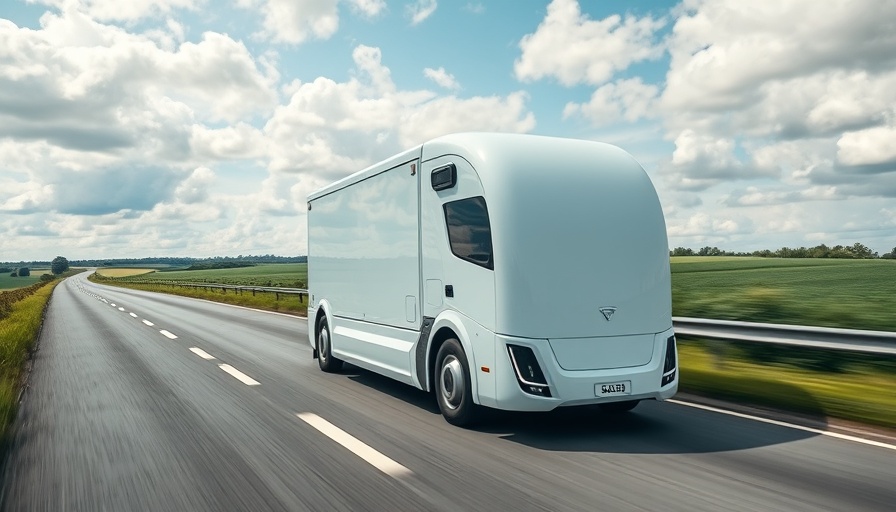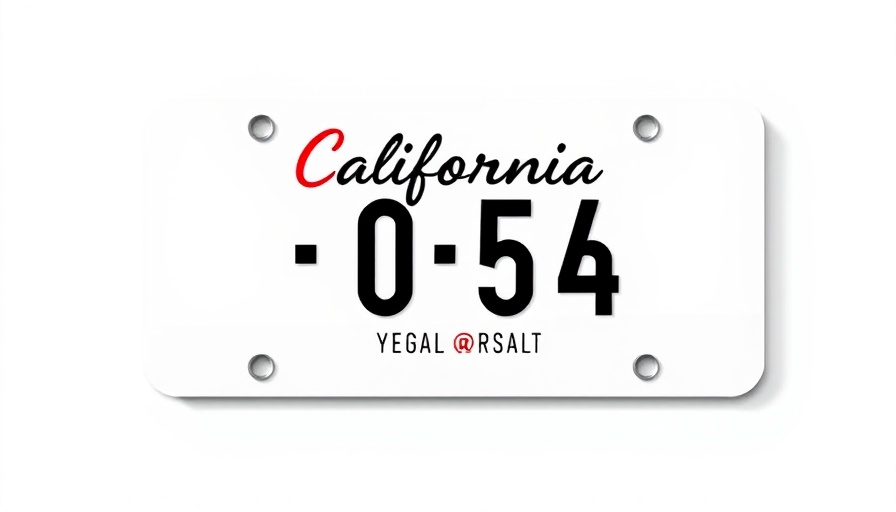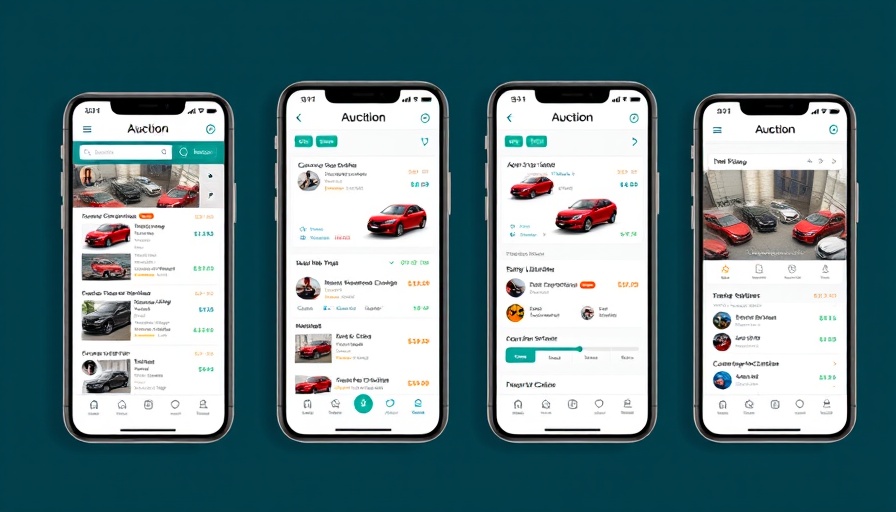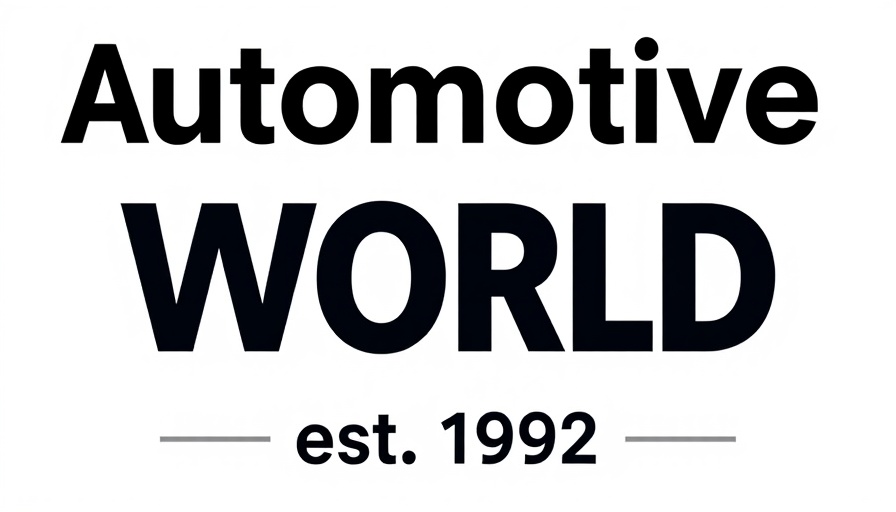
GM's Bold Move: Re-badging Hyundai Commercial EVs
General Motors (GM) is making headlines with its potential move to sell commercial electric vehicles (EVs) manufactured by Hyundai, a shift that could redefine the landscape of commercial transport in the U.S. According to Hyundai’s CFO Seung Jo Lee, this strategy could pave the way for their brand’s entry into North America’s competitive commercial vehicle market. With EVs becoming a crucial element in combating climate change, this partnership may spearhead significant advancements in sustainable transportation.
The Context of This Collaboration
Last year, GM and Hyundai entered a non-binding memorandum aimed at fostering collaboration in the EV and fuel-cell sector. By this year’s end, they aim to formalize agreements related to parts procurement and collaboration on passenger and commercial vehicles. This budding alliance illustrates a common trend seen in the automotive industry, where manufacturers leverage partnerships to expand into new markets.
Hyundai's Commercial Vehicle Aspirations
While Hyundai has successfully sold commercial vehicles overseas, particularly buses and heavy-duty trucks, its entry into the U.S. market has been limited. The recent announcement about testing its Xcient Fuel Cell Class 8 semi trucks in California signals a proactive approach in exploring opportunities within the North American commercial segment. Re-badging Hyundai’s EVs under the GM name could give these vehicles a leverage based on GM's established dealer network, enhancing visibility and sales potential.
Understanding the Electric Commercial Vehicle Market
The market for electric commercial vehicles is rapidly evolving, with increasing environmental regulations and growing consumer demand for sustainable solutions. Companies are recognizing the financial benefits of transitioning to electric fleets, which not only reduce emissions but also lower operating costs over time. As urban areas implement stricter emissions standards, companies opting for commercial EVs may find themselves ahead of the curve.
The Future of GM and Hyundai in the EV Ecosystem
The partnership between GM and Hyundai could signal a shift in the traditional ways of vehicle manufacturing and sales. Rather than developing their vehicles independently, automakers are beginning to share resources to produce solutions that meet the demands of tomorrow’s consumers. It raises intriguing questions about how competition will reshape as brands explore cooperative strategies to navigate the transition to electric mobility.
Concerns About Re-badging Strategy
However, this partnership isn't without its skeptics. The past experiences of GM rebadging vehicles like the Chevrolet City Express, which was a re-branded Nissan NV200, drew mixed results. Consumers have become discerning, and a lack of clarity in branding could impact sales performance. Attention to quality and manufacturer reputation will be essential as both companies move forward with these plans.
In conclusion, General Motors’ initiative to possibly re-badge Hyundai’s commercial EVs signifies a noteworthy shift in how established automakers may navigate the challenging landscape of electric vehicle production and sales. As partnerships like this one grow more common, the automotive world may soon see a more collaborative approach to addressing future sustainability and technology needs.
 Add Row
Add Row  Add
Add 




Write A Comment